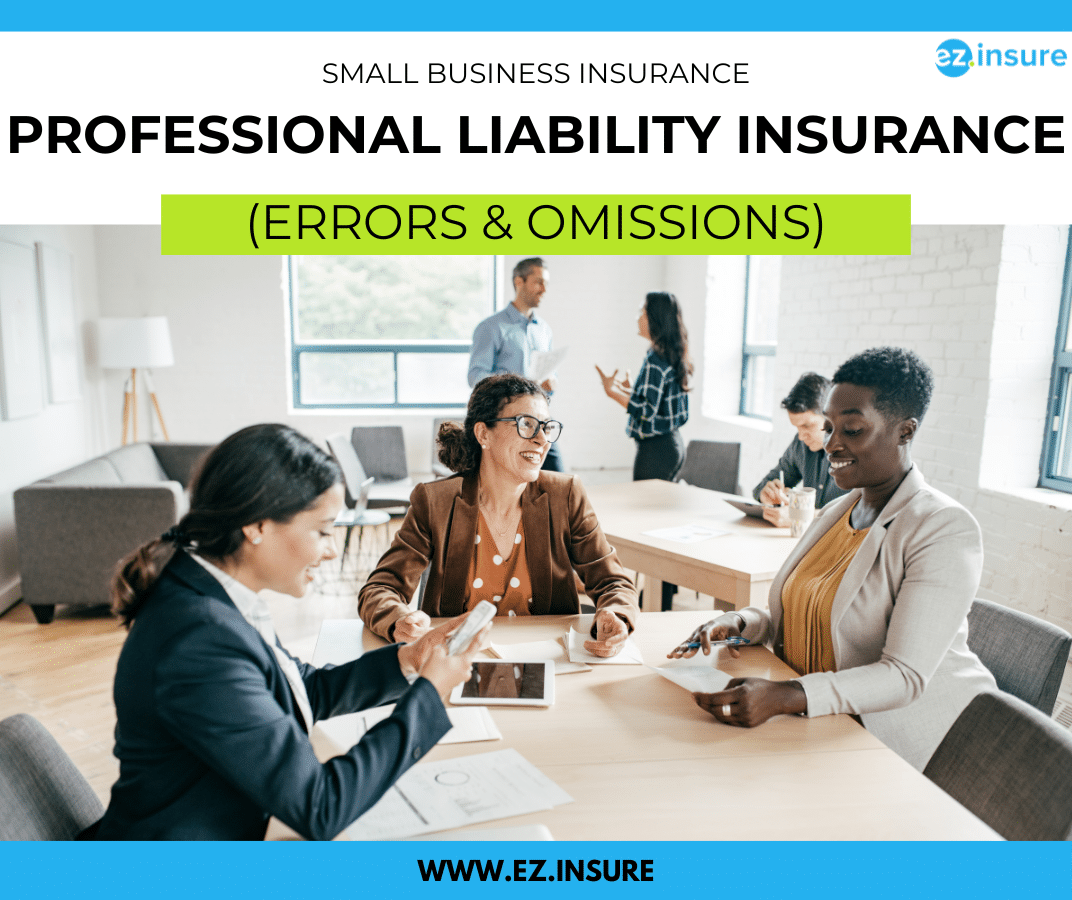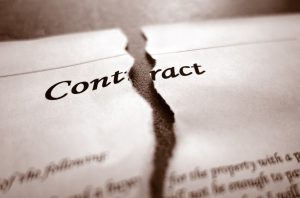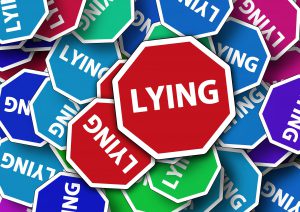
If you’re a professional who provides a service to clients, like an accountant, attorney, or doctor, you’ll need professional liability insurance. This type of policy protects you from client allegations of negligence and other types of wrongdoing. Your general liability insurance policy does not provide protections against claims resulting from carelessness, malpractice, mistakes, or misrepresentation, so for professionals in fields like yours, this kind of insurance is a must.
Jump To:
-
How Professional Liability Works
-
What Does Professional Liability Cover?
-
What Isn’t Covered?
-
The Cost of Professional Liability Insurance
-
Ways to Save on Professional Liability Insurance
-
How to Avoid a Professional Liability Claim
-
FAQS
-
How to Find Professional Liability Insurance
How Professional Liability Works
Professional liability insurance (PLI) can be called different things, depending on the profession it’s being used for. For example, if you’re in the medical field, you will purchase “medical malpractice insurance,” or if you’re a real estate agent or accountant, you will need “errors and omissions,” or E&O. PLI is a specialty policy and is usually not included in homeowners’, in-home business, or business owner’s policies.
Most policies are “claims-made” policies, meaning that they will only cover claims if they are made both while your policy is active and if the incident occurred while the policy is active. While you may also find “occurrence” policies, which offer coverage for an incident that happened during the time your policy was active even if coverage has lapsed when the claim itself is made, these types of policies are difficult to find.
What Does Professional Liability Cover?
PLI financially protects your business from legal claims and lawsuits brought against you, whether those claims are valid or not. Both frivolous and substantiated lawsuits may be covered by your insurance. This type of policy can protect businesses against the following kinds of claims:
- Negligence or failure to meet standards – If you or one of your employees delivers subpar services, you could be at risk for a lawsuit. For example, say you are a consultant and you accidentally give your client incorrect advice that they later end up being sued or losing money over. They could then in turn sue you for giving them bad advice because they paid you to have the correct information.
- Missed deadlines – If you miss a deadline, your client can make a claim against you for not fulfilling your contract with them. For example, if you work in cyber security, and you tell your client their business will be protected by a certain date. But for some reason the project takes longer and is not done by the deadline, if your client gets hacked after that deadline they can sue you for their losses. If you had met the deadline they may not have been hacked, so you can be held liable, but PLI can protect you from this type of claim.
- Breach of contract – If your business does not meet the terms of anything specified in the contract between you and your client, you can be sued. This includes deadlines, product guarantees, and payments. PLI will cover you in the event of a claim like this.
- Errors – No matter how careful you are, mistakes can happen, and those mistakes can be costly. For example, if you are an insurance agent, and you select the wrong coverage for your client. Or accidentally forget to turn in a portion of their paperwork, your client might not have the proper coverage in an emergency. They could end up losing a lot of money. And could sue you, so you’ll need PLI to financially protect your business.
What Isn’t Covered?
Professional liability insurance policies protect your business from claims of financial losses, not bodily harm or property damage, unlike other types of liability insurance. But there is an exception to this rule: medical malpractice insurance. Other than medical malpractice though, you file bodily injury claims under your general liability policy.
PLI also doesn’t cover lawsuits brought on by employees claiming wrongful termination or harassment. Those claims would fall under employment practices liability policies. Additionally, fraud and criminal acts are not covered by your PLI. If you or an employee intentionally mislead a client or commit a crime, your PLI will not cover the claim.
The Cost of Professional Liability Insurance
Professional Liability Insurance generally costs between $500 and $1,000 per year. This can vary based on several factors, such as:
- Your industry – The degree of risk and the financial consequences of a mistake differ from one occupation to the next. All of that is taken into consideration by insurers when setting premiums.
- Coverage and deductibles – PLI coverage limits can start at $250,000 and could reach into the millions. Your premium will cost more the higher your limits are. Additionally, if you choose a lower deductible, your premium will be more. When deciding on coverage limits, weigh the annual cost of your policy against potential expenses in the event that a client sues you. You need insurance that will cover both the cost of mounting a defense and potential damages. For instance, a typical professional liability policy will pay up to $1 million for a single claim. Or throughout the course of the policy if the coverage limit is $1 million (per occurrence and aggregate).
- Your location – Where your business is located is actually a big factor in your premium. If you work in a city with a high claim rate or significant legal expenses, be prepared for higher premiums.
- Workforce size – The likelihood that one of your employees will make a mistake that leads to legal action increases as your workforce grows. As a result of this higher risk, your professional liability rates will increase.
- Age of your company – Newer businesses can anticipate paying more for professional liability insurance than larger, more established businesses. But as your company grows in expertise, your insurance premiums should go down, assuming you continue to have no claims.
- Claims history – For insurers, a history of prior professional liability claims is a risk. Risks mean higher premiums.
Ways to Save on Professional Liability Insurance
You have no control over certain professional liability cost factors, such as industry and expertise level. However, there are other ways to reduce the overall cost of your insurance:
- Pay your premium in full – Typically, insurers will give you a discount if you pay your annual premium all at once rather than on a monthly basis.
- Change your deductible and coverage limits – To reduce your overall costs, choose a larger deductible or less coverage. Just be sure your insurance has enough coverage to protect you from potential claims and that your deductible is reasonable.
- Bundle your policies – To save money on all of your insurance, bundle your professional liability policy with other commercial insurance protection. Most insurance carriers will discount policies when you buy them together.
How to Avoid a Professional Liability Claim
While professional liability insurance provides financial security in the event that lawsuits are brought against your company, it’s always safer to prevent claim situations than to let insurance handle the fallout from a dispute. There are a few extra precautions you can take to avoid these claims. For example:
- Strengthen your processes and procedures – It will be easier to guarantee that the work performed is of a high standard and that the possibility of errors is lower if there are extensive plans and supervision in place.
- Ensure there is strong communication between you and your clients – Making sure your contracts and agreements are clear and detailed keeps everyone on the same page. This reduces the chance of misunderstandings.
Being careful during business operations and constantly communicating with your clients won’t guarantee that you never have a claim. But it can certainly help reduce the possibility of having one.
FAQS
- Can I get professional liability insurance in a business owner’s policy?
No, a typical business owner’s policy includes coverage for property, business interruption, and general liability. A separate policy for professional liability insurance would be necessary.
- Do I legally need to have professional liability insurance?
In most circumstances, the law does not require professional liability insurance for small businesses. Professional liability insurance is only necessary for some professions, such as law and medicine. To find out what kinds of small business insurance your company must have, research the regulations in your state.
- Will my professional liability policy cover part-time employees or contractors?
Most of the time, yes, your PLI will cover your part-time employees and subcontractors. Make sure to specify that you’ll need this kind of coverage when you request a quote.
- Do I really need professional liability insurance?
Your company needs professional liability insurance if you offer clients a professional service or expert opinion. Professional liability insurance is clearly necessary for many occupational areas. Including those like law and medicine, but there are additional fields that you might not expect. Professional liability insurance can help advertising companies, IT consultants, and beauty professionals reduce the risks associated with giving clients and consumers advice.
How to Find Professional Liability Insurance
Generally speaking, all major insurance companies offer professional liability or errors and omissions insurance. If you already have business insurance, inquire with your carrier about the possibility of expanding your coverage to include professional liability.
Your best bet, though, is to work with an insurance agent. EZ’s agents are highly trained and work with the top companies in the nation. We can compare all of your policy options while working with your budget to get your company all the coverage it needs. For a free quote enter your ZIP code below or give us a call at (855)-694-0047 to be connected directly to one of our agents today.




